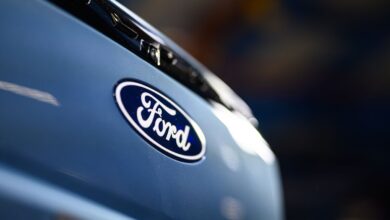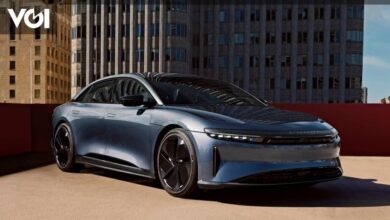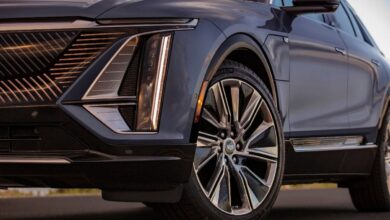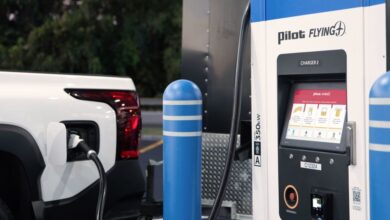China’s EV Makers Shut Out of the US Target Mexico, Brazil Instead
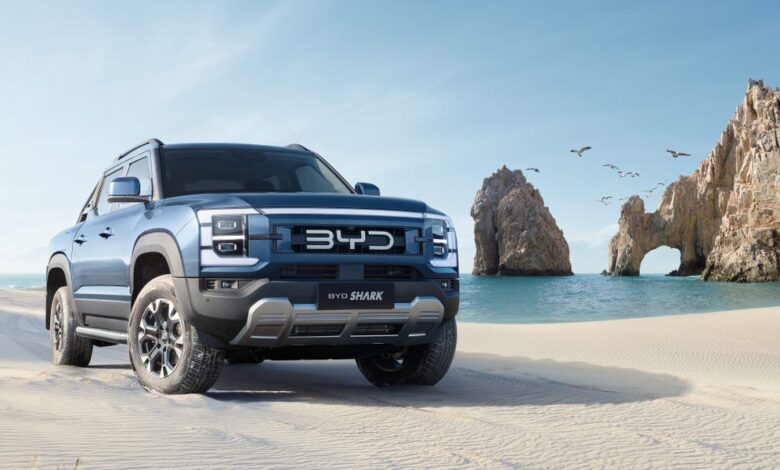
- Cheap Chinese EVs are unlikely to come to the US anytime soon after President Joe Biden hiked tariffs.
- But Tesla rivals are proving a hit in Brazil and Mexico, where auto exports are booming.
- Chinese EV companies are also eyeing expansion in Europe, but could face tariffs there too.
China’s Tesla rivals have had the door to the US electric vehicle market slammed in their faces — so they’re turning their attention to Brazil, Mexico, and Europe.
Exports of Chinese EVs to Brazil surged in the first four months of the year, with automakers like BYD continuing to expand abroad even as Joe Biden announces 100% tariffs on Chinese electric vehicles.
Data from the China Passenger Car Association, reported by Reuters, showed that the number of China-made pure electric and plug-in hybrid cars exported to Brazil rose in April, growing 13-fold from the previous year to 40,163 units.
It saw Brazil become China’s biggest foreign market for EVs for the second straight month.
Both BYD and rival Great Wall Motors are also planning factories in the South American nation.
Mexico has also seen a rapid rise in Chinese car sales, with total automobile exports, including combustion engine vehicles, jumping 27% in the first four months of this year, per Reuters.
Tesla’s leading rival, BYD, unveiled its first pickup truck, a plug-in hybrid called the Shark, in Mexico in May.
The Warren Buffett-backed automaker, along with rival EV companies Chery and MG, is reportedly considering building a factory in Mexico — sparking anxieties among US lawmakers concerned about Chinese firms setting up shop in the US’ largest trading partner.
China’s legion of EV manufacturers are also eyeing Europe, one of Tesla’s most important markets, as they seek to escape cutthroat competition back home.
BYD is building a factory in Hungary and plans to sell its $10,000 Seagull in Europe within the next few years. The company’s executives said it would cost around 20,000 euros in this region.
Other Tesla rivals are also making moves, with Nio opening a new showroom in Amsterdam and Xpeng launching two SUVs, the G9 and G6, in Europe.
However, they might soon face a regulatory reckoning in Europe. The EU is currently investigating Chinese subsidies for EV companies and could impose its own tariffs if it finds China’s electric vehicles are being sold at artificially low prices.
“If I were in the shoes of a European carmaker, I would be pushing the EU to impose tariffs because the price [of Chinese EVs] is too low, and they can’t compete at this level of technology,” Giacomo Carelli, CEO of Italian vehicle finance and insurance provider CA Auto Bank, said at the Financial Times’ Future of the Car conference in May.
Established automakers in Europe are bracing for a bumpy road regardless of whether the EU follows President Joe Biden in cracking down on Chinese EVs — but some remain bullish about their chances.
“The reality is the Chinese are able to bring in vehicles at very competitive prices,” said Michael Cole, CEO of Hyundai Motors Europe, at the Future of the Car summit.
“It is more challenging for us, but all it means is that we have to sharpen our act … We have to react to the competition, but we have to assume it’s fair competition — that’s all we ask for,” he added.
